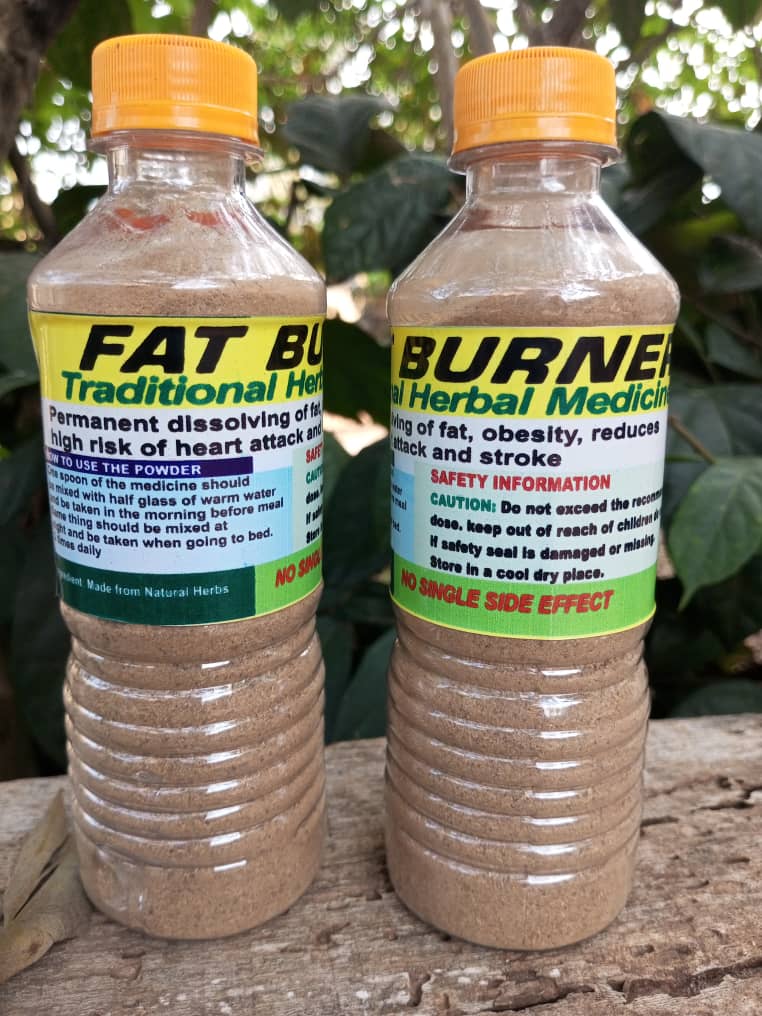NATURAL METHOD TO BURN OUT FAT AND FAT BELLY COMPLETELY AND PERMANENTLY
ALL YOU NEED TO KNOW ABOUT BIG BELLE.(BELLY FAT)
NOW, WHAT IS BELLY FAT?
This is an excessive fat tissue deposited in the midsection of the body around the abdominal organs, which increases the risk of heart disease, diabetes, some cancers, and early death.
Too much visceral fat is strongly linked with a greater risk of serious health problems.

Two different major kind of unhealthy fat
The amount of fat under your skin—the kind you can grab or pinch—is called subcutaneous fat. Visceral fat is deep within the abdomen, under the abdominal muscles.
Excess belly fat can be dangerous because it surrounds internal organs and puts you at greater risk for developing several kinds of health problems, including heart disease, diabetes and liver problems, it also reduce your sexual performance by reducing your sexual libido.
Belly fat is too risky for health
Here are some major diseases cause by too much fat:
- Heart disease
- High blood
- pressure
- Stroke
- Type 2 diabetes
- Asthma
- Breast cancer
- Colon cancer
- Dementia
- High LDL cholesterol
Signs Of Belly Fat

Abdominal fat—also known as belly fat, or visceral fat—isn’t just unsightly. It’s dangerous. Because of its location in the body, abdominal fat can have serious, wide-ranging effects on your health. Here’s how to tell if you have an unhealthy amount of abdominal fat in your body system.
- The initial sign that you’ve gained visceral fat is an increase in your waist circumference. Your pants may feel tighter or you may have to loosen your belt a notch.
- Another way you can check for abdominal obesity is to calculate your waist-to-hip ratio
Causes of belly fat
There are several ways people gain belly fat
- Lack of exercise
- Too much alcohol
- Poor diet
- Genetics
- Smoking
- Poor sleep
- Too much Stress
When a person consumes more calories than they use as energy, their body will store the extra calories as fat.
Body weight is influenced by the interaction of multiple factors. There is strong evidence of genetic predisposition to fat accumulation, and obesity tends to run in families
Now belly fat No be problem again, we get you covered
When a sickness try ravaging the world there are always those who doesn't rest until there is a permanent solution to it
Alcohol's calories contribute to beer belly
Drinking excess alcohol can give you a beer belly, but beer alone isn’t to blame. Drinking too much alcohol of any kind can increase belly fat, because alcohol contains calories. If you drink alcohol, do so only in moderation.
For men age 65 and younger, moderation means up to two drinks a day. For men older than age 65, it means up to one drink a day. The less you drink, the fewer calories you’ll consume and the less likely you’ll be to gain belly fat.

The good news! The threats posed by belly fat can be Terminated With This Herbal Medicine

NO SINGLE SIDE EFFECT

TERMINATE THAT FAT BELLY AND NEVER TO EXPERIENCE IT AGAIN
HAVE A LOOK AT FEW OF THE NUMEROUS FEEDBACK WE GOT FORM MANY WHO HAVE USED THIS HERBAL MEDICINE






WE OFFER FREE + FAST DELIVERY TO YOUR DOORSTEP AND PAYMENT ON DELIVERY ELTHER BY CASH OR TRANSFER


